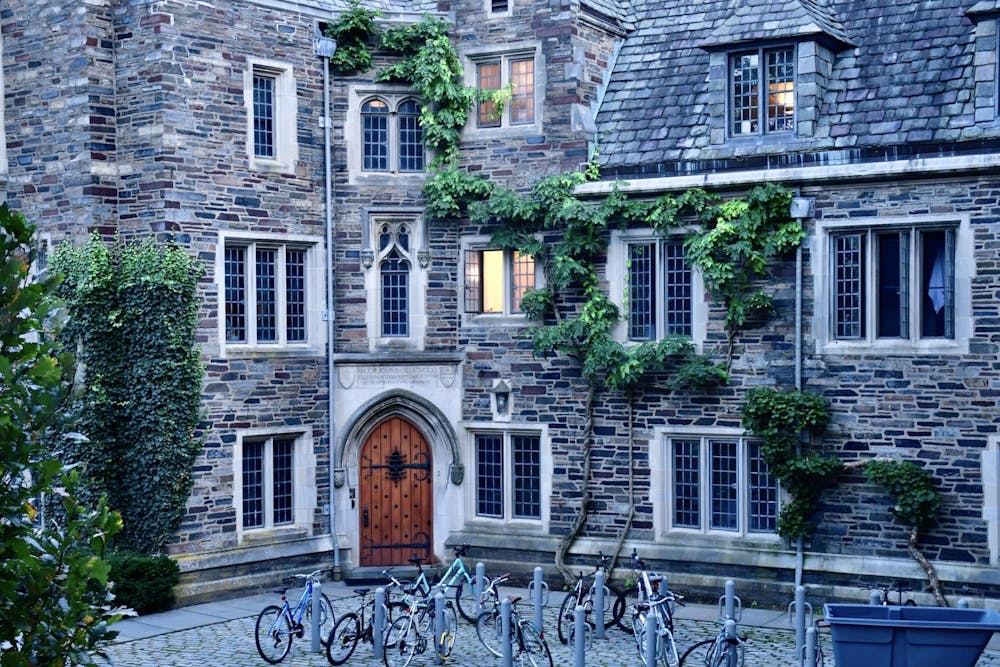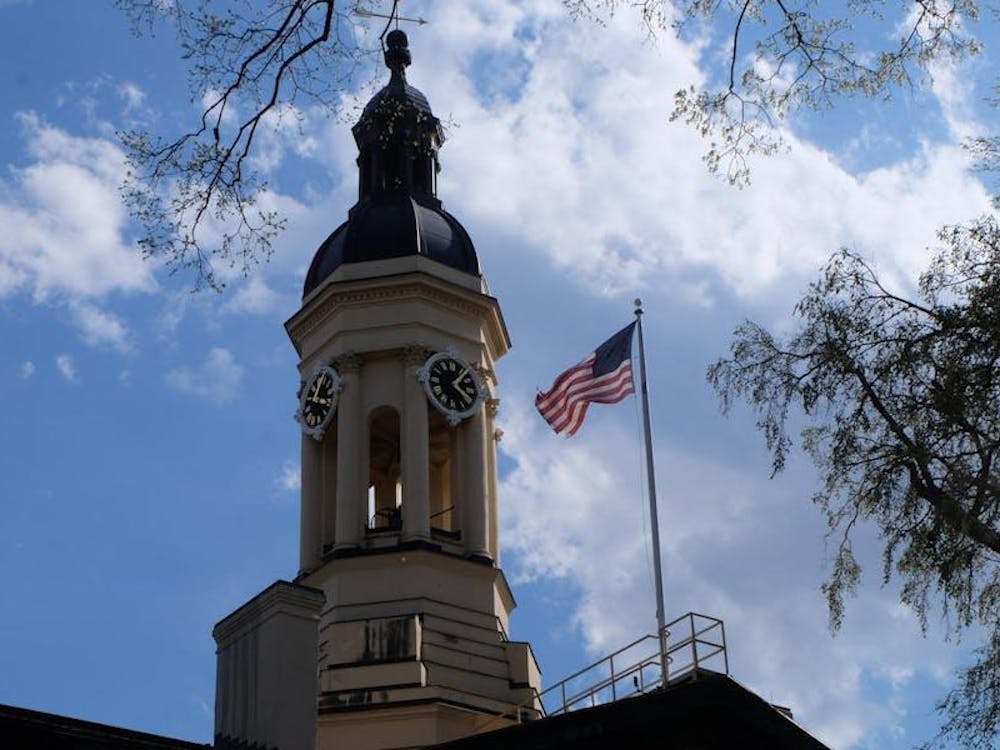Since the start of the academic year, 44 students have been placed on disciplinary probation due to Social Contract violations, according to a new report released by the Office of the Dean of Undergraduate Students (ODUS).
The report covers violations between Sept. 1, 2020, and Feb. 26, 2021. A total of 55 violations resulted in disciplinary action, and 44 of those resulted in disciplinary probation.
In eight cases, students given probation were additionally barred from access to campus for the remainder of the semester. These eight cases were deemed “significant” under the Social Contract as “violations involving quarantine and isolation, hosting unpermitted visitors in on-campus residences, and hosting prohibited in-person gatherings.”
Among students not given probation, four students were given reprimands and seven more were given warnings.
The ODUS report detailed that “just over half of the violations involved students either hosting or attending a gathering, either in a dormitory room/suite or at an off-campus residence where the number of guests in attendance exceeded the permitted number and/or involved an off-campus guest in a dormitory.”
In these cases, hosts were typically given 24 months of disciplinary probation and barred from campus for the semester. Guests were given shorter probationary periods except where other infractions were involved — such as underage consumption of alcohol or fire safety violations.
Other violations included leaving campus during the arrival quarantine period, which resulted in one student receiving a 24-month probation and being barred from campus. Another student’s “extraordinary mitigating circumstances” resulted in a reprimand for a similar infraction rather than probation.
The consequences of failure to comply with testing protocols ranged from a reprimand to 24 months of probation and being barred from campus, varying based on “the number of times and degree to which the student failed to follow the protocols.”

Disciplinary probation, as described in “Rights, Rules, Responsibilities,” “implies that any future violation, of whatever kind, especially but not exclusively during that time, may be grounds for suspension, suspension with conditions, or in especially serious cases, expulsion from the University.”
It will appear on a student’s permanent record at the University, but not on a transcript.
“We’re grateful that the vast majority of Princeton students are adhering to the public health guidance that’s so crucial to the safety of our community,” Deputy University Spokesperson Michael Hotchkiss wrote in an email to The Daily Princetonian. “Thanks to those efforts and the tireless work of Princeton staff, we’ve so far been able to avoid the additional restrictions on activities that have been necessary on other campuses following spikes in [COVID-19] cases and reports of unsafe behavior.”
After an arch sing was reportedly held outside the parameters of the Social Contract, a cappella groups were contacted by Ian Deas, Assistant Dean of Undergraduate Students and Director of Student Leadership and Engagement.

“We’re reaching out after learning that an acapella group recently hosted an arch sing on campus,” Deas wrote in an email obtained by the ‘Prince.’ “As a reminder, all student organization activities must be hosted virtually during the Spring 2021 semester; hosting arch sings is impermissible.”
It is unclear if any formal disciplinary action was taken as a result of the arch sing.
Future information on violations of the Social Contract will be reported by ODUS on a monthly basis, beginning in March and continuing through the end of the 2020–21 academic year.








